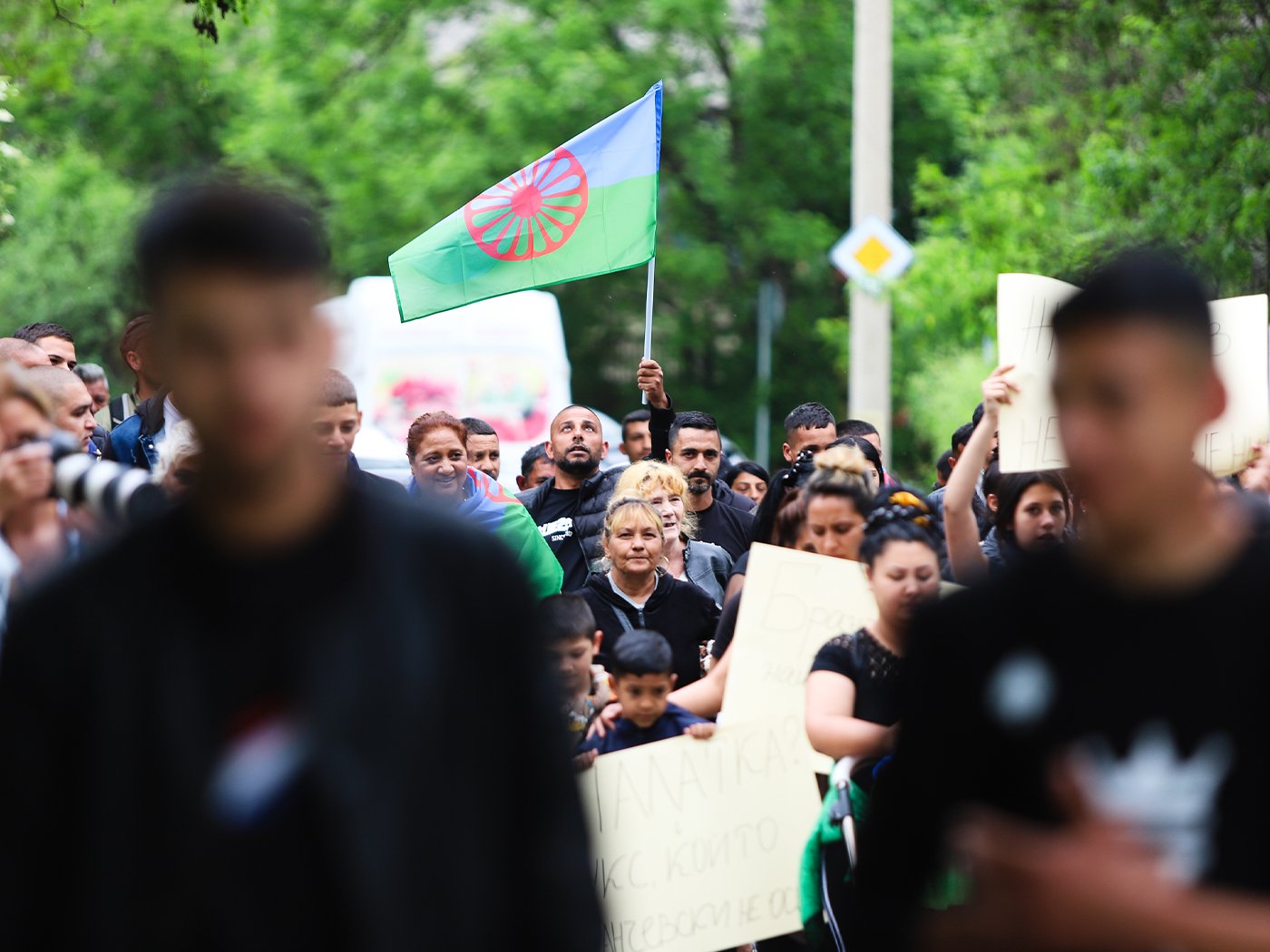Europe’s progressive parties talk inclusion but keep doors closed. A mayoral upset in New York shows how courage—when allowed space—can still change politics.
When Zohran Mamdani—a 33-year-old socialist, Muslim and son of immigrants—was elected mayor of New York, the result echoed far beyond the five boroughs. It reminded a weary political class that courage can still resonate. His win was not just a local upset; it showed that conviction can move voters when institutions let it breathe.
That lesson reaches across the Atlantic. Europe’s Left faces the same crisis of courage—a politics that talks inclusion but blocks power. Nowhere is that failure clearer than in its treatment of the Roma, six million EU citizens who remain loyal to Europe even while it excludes them.
Mamdani’s campaign looked nothing like the tidy politics of caution. He was dismissed as naïve, attacked as inexperienced, branded unfit—and he won. He ran on housing, transport and fairness, but also on Gaza and conscience. He didn’t whisper. The victory wasn’t about polished messages. It was about guts. In an age of managed caution, he took risks—and voters recognised someone who meant it. He has not yet governed, but his win already shows what happens when conviction is given oxygen.
Conviction depends on two forces: bottom-up courage and top-down permission. One begins with candidates who build public trust and force institutions to adapt. The other depends on parties that decide who reaches voters and who is allowed real authority. In the US, primaries still leave cracks that courage can grow through. A party may dislike an insurgent, but it can be a struggle to suffocate him. In Europe, the filter works as designed. Closed lists, party hierarchies and rigid message discipline keep insurgents out—nowhere more brutally than with Roma, whose voters are courted for show while their candidates are blocked from power.
Across 27 member states, the EU’s progressive parties have perfected the art of safety, moderating themselves into irrelevance. The language of solidarity has been replaced by the language of supervision. The self-proclaimed defenders of equality now preside over an equality industry, producing frameworks and “action plans” about people they never invite to govern.
The results are plain. Not a single Roma member from the mainstream Left sits in the European Parliament. None heads a national list or leads a ministry with the real power to shape economic conditions for Roma. At every election, Roma citizens face a theatre of choice: progressives who promise inclusion but never share power, conservatives who look away, far-right parties that weaponise their existence. This isn’t democracy—it’s choreography.
And it reveals not a shortage of values but a shortage of nerve. Party systems punish conviction faster than they reward it. Even those who want to try are taught not to act. The suppression of Roma candidates is not accidental but by design. On a continent where Roma remain the easiest target, courage is punished faster than cowardice is rewarded—and ambitious politicians learn the lesson.
The next step can’t be more talk. It has to be new rules. Progressives don’t lack ideals but the courage to act on them. They know the conditions many Roma live in are unworthy of a democracy, yet they answer with seminars. They know poverty and exclusion are political decisions yet treat them as administrative errors. A new generation of Roma leaders—educated, multilingual, pro-European—stands at the door. But the door stays shut. Unless parties change how candidates are chosen and how authority is shared, they will go on losing the trust of those they claim to represent and losing the argument about why they should govern.
Change starts with how candidates are chosen. Open selection processes. Publish shortlists and allocations of winnable slots. Choose candidates for their presence and delivery, not for brand safety. And when representation happens, make sure it’s real power: Roma candidates in winnable positions, Roma ministers in real cabinets, Roma-run authorities that decide, not beg, for budgets. Anything less isn’t inclusion—it’s control disguised as virtue.
When courage is permitted and power is shared, change happens. Social housing stabilises families. Roma-led schools raise attendance. Local clinics reduce hospitalisations. Fair access to jobs and credit expands employment and broadens the tax base. Resentment softens. Policing costs fall. The return on democratic courage is measurable: fewer crises to manage means more capacity to govern.
The Roma embody the European ideal more faithfully than most Europeans. They live across borders, speak across nations and still believe in a shared destiny. Nearly a quarter of Roma say EU membership is of the highest importance—compared with 18 per cent of the general population. But after 30 years of strategies and summits, Roma will believe only what they can see: clean water, decent housing, equal policing, functioning schools, good jobs.
Zohran Mamdani didn’t wait for permission to lead. He made power listen. Europe’s Left still waits—and in doing so, hands its future to those who won’t wait at all. New York shows what courage sounds like when politics remembers its purpose.

Mensur Haliti
Vice President for Democracy and Network Development
The latest

Serbia Must Amend Missing Persons Alert System to Protect Vulnerable Adults

Constitutional Review of the Šutar Law Confirms Serious Rule-of-Law Concerns

Europe’s Growth Depends on Roma Talent
Browse by category
Campaigns
Events
Facts
Press
Voices
For media inquiries:
[email protected]Sign up here so you don’t miss out on campaign updates, upcoming events and other news from the Roma Foundation for Europe and our network.
Sign up for our newsletter